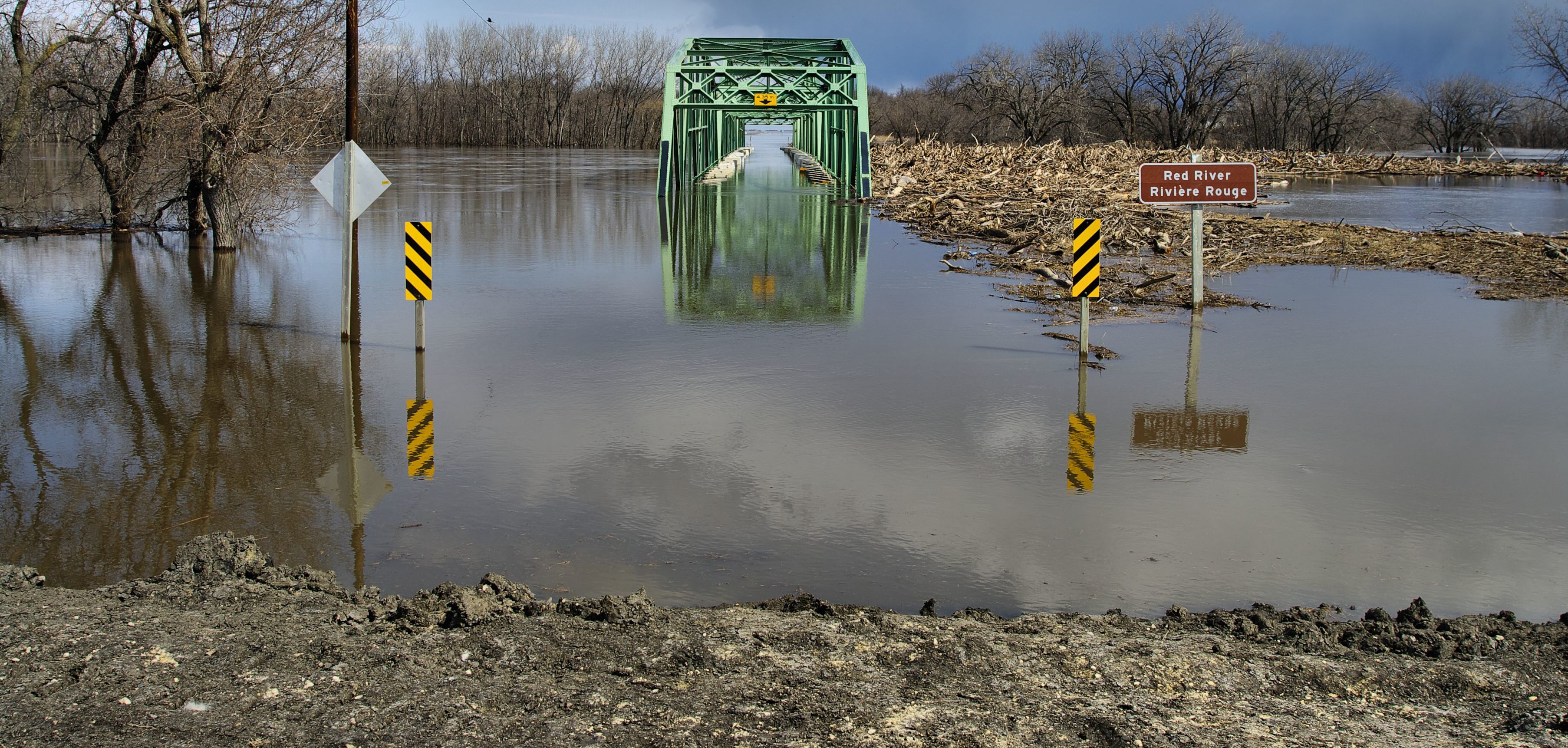Increased rates of flooding are taking a toll on Canadians with 31 per cent worried they will experience flooding in the next 12 months. This was one of the findings of a recent survey from WWF-Canada and RSA Canada, a property and casualty insurer, that explored Canadian attitudes on flooding.
Despite growing concerns, flood knowledge among Canadians remains low. The survey uncovered that 47 per cent of Canadians don’t know how to protect their home from flooding.
The survey that explored Canadian attitudes on flooding also found that a majority of Canadians (74 per cent) agree that flooding has increased in Canada. Most attribute the shift to climate change (77 per cent) and lack of green space to absorb the water (47 per cent). At the same time, the survey reveals flood-related knowledge gaps, confusion, and misinformation:
- 93 per cent believe that they do not live in an area prone to flooding.
- 27 per cent are unsure if paved surfaces lead to greater rainwater runoff.
- 19 per cent are unsure if flooding only occurs after heavy rains.
- 19 per cent are unsure if flooding only occurs near bodies of water.
“I’ve seen the destruction and disruption that flooding can cause firsthand,” said Anthony Black, national catastrophe manager at RSA Canada. “In many cases, Canadians don’t even know that they are at risk and aren’t even sure what they could have done to protect themselves. We have to band together as an industry, as a community, and with all levels of government to do a better job in helping people recognize the risks they are exposed to and providing them with tools that result in immediate and sustainable solutions.”
Collaborating for climate resilient communities
Communities across Canada have experienced an increased frequency and intensity of rain and wind events due to climate change, leading to flooding that causes damage to homes, businesses, and public infrastructure. Municipalities in the Saint John River (SJR) watershed are a prime illustration of the impact of flooding. Through RSA Canada’s support and funding, WWF-Canada is working to collaborate with community partners to assess vulnerabilities and develop adaptation plans that include restoring ecosystems and building natural infrastructure.
For example, in Florenceville-Bristol, New Brunswick, two one-hundred-year storms took place in a single week, damaging a major road. The town is now working to implement nature-based solutions such as wetland restoration, building stormwater management ponds, and installing rain gardens to increase resilience and reduce the impacts of climate-related flooding.
“Building resilience is critical as it goes beyond adaptation and sees communities over a large geographic area coming together to ensure they can ‘bounce back better’ from impacts like flooding,” said Simon J. Mitchell, lead freshwater specialist at WWF-Canada. “Our work in the SJR watershed is helping build a model that will empower local communities to enhance their flood resilience and respond to the impacts of climate change.”
Scaling across the country
Individual actions are important but scaling up to the community level is necessary to build true resilience and create climate smart actions. WWF-Canada’s SJR work is an example of how successfully partnering with government, industry, and local communities can develop solutions that work for all. Through this partnership, WWF-Canada’s and RSA Canada’s long-term goal is to share these learnings and replicate the approach in other at-risk communities across Canada.
“As a national insurer, we know how important it is to see cooperation at a community level during a crisis like flooding,” Black said. “We already work with Canadians to help them take individual actions to mitigate flood risks in their own homes, and our work with WWF-Canada will encourage collaboration and share the learnings from the SJR watershed with communities nationally.”









